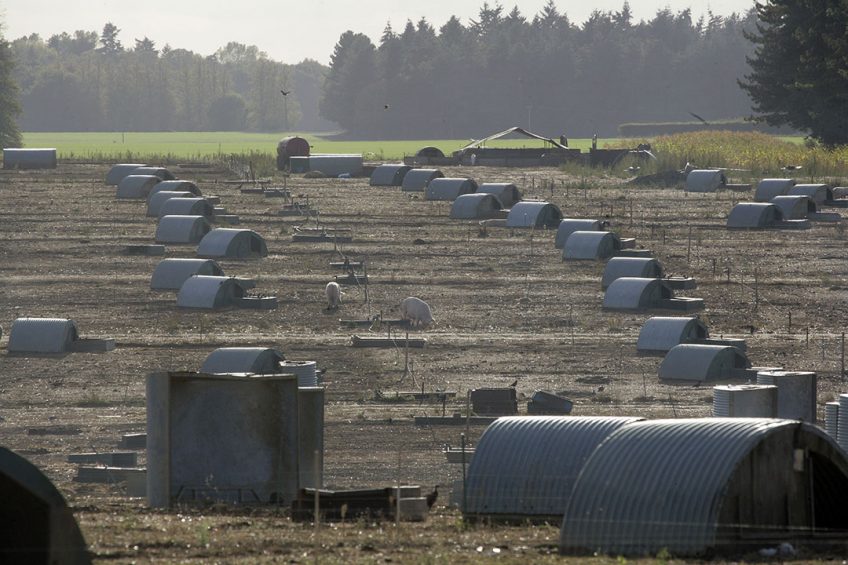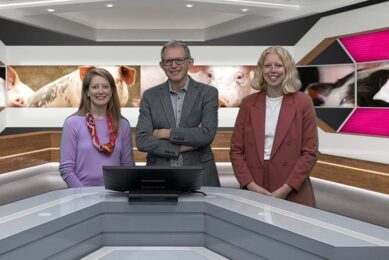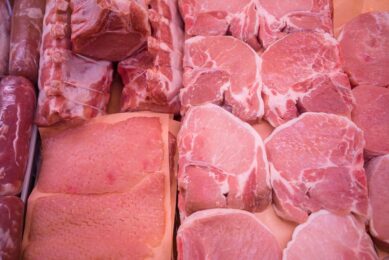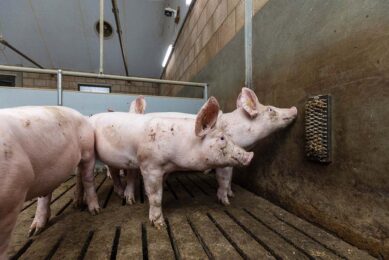Report outlines post-Brexit perspectives for UK agriculture

With Brexit looming, the United Kingdom is heading for some exciting months. In a recently published independent report, a picture has been painted how Britain’s agricultural industry can continue to thrive after Brexit.
The 28-page report, which was presented late October, is called ‘Rising to the Challenges: A Food Policy for Global Britain’. At the launch event, independent economic analyst Dr Séan Rickard said there was a real opportunity for the UK agri-food industry to prosper in the new era but to do so would require a very clear and determined strategic focus. Vital would be vertical partnerships across the food chain, involving farmers with a detailed understanding of data and closer links with UK universities and research institutes.
Competitiveness, sustainability and standards
Outlining the report, Dr Rickard said the UK would need to meet 3 challenges:
- Improved competitiveness – combining productivity growth with the production of distinctive, value added products that meet the affordable demands of the burgeoning global middle classes, thereby improving the trade balance, self-sufficiency and food security;
- Increased sustainability – ensuring that operations in becoming more productive not only reduce pollution, including greenhouse gases, but also the consumption of scare natural capital; and
- Enhanced standards – increasing animal welfare but also the safety of food and farming operations, the working conditions and careers for all engaged in the industry.
Dr Rickard said the UK needed to be more competitive internationally, citing the Dutch food and farming industry, with distinctive, value-added food products are produced in a super-efficient farm sector.

Being a UK swine farmer in times of Brexit can be challenging.
Read how the Baker brothers of North Farm Livestock manage
Technological advances and precision technology
Sustainable agriculture was the way forward, he argued, citing the need for a dramatic increase in natural resource productivity (more output per unit of land, water and energy), that could be achieved through technological advances, including agri-biotechnology and precision technology.
That needed to be allied to greater technical efficiency – the ability for experienced and educated farmers and staff to make key decisions around adopting and applying new technologies while engaging in network relationships. Vertical partnerships could not be made overnight but took time to ensure there was a fair governance system for sharing information rewards and indeed risks of specific investment to create distinctive products.

Read also: Precision feed for pigs reduces environmental impact
Complex agricultural data and technology
The report was commissioned by British animal nutrition companies KW Feeds, Trident and ABN, all companies within the AB Agri group. Danny Johnson, ABN commercial director compounds, said the farmer of the future needed to be well equipped to deal with complex data and technology.
The UK agri-food sector is the largest industrial sector, contributing £121 billion (€ 134 billion) to the country’s gross domestic product (GDP), equivalent to 9.4%. Although it supports the livelihoods of 4 million people, it has a trade deficit.
 Beheer
Beheer








 WP Admin
WP Admin  Bewerk bericht
Bewerk bericht